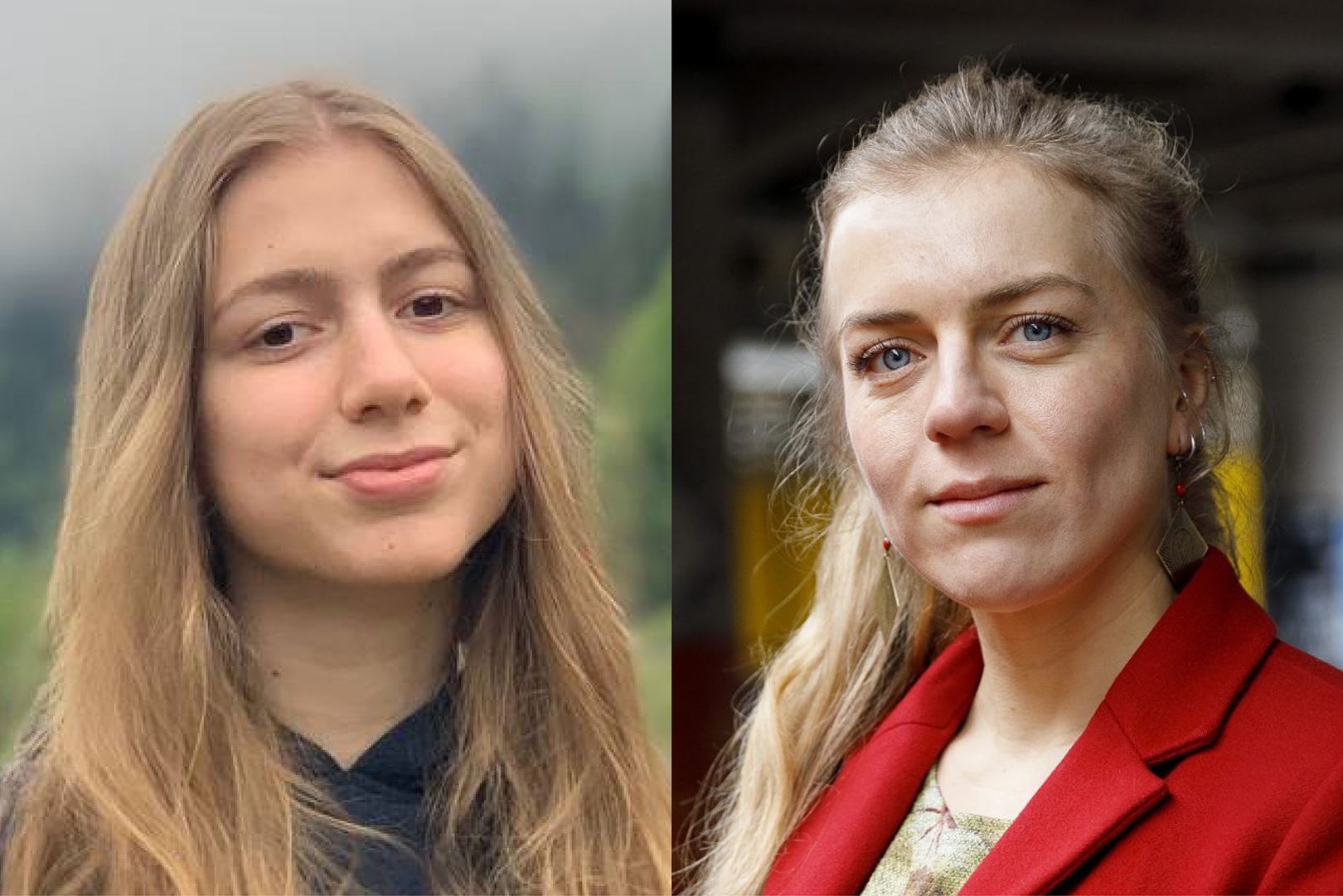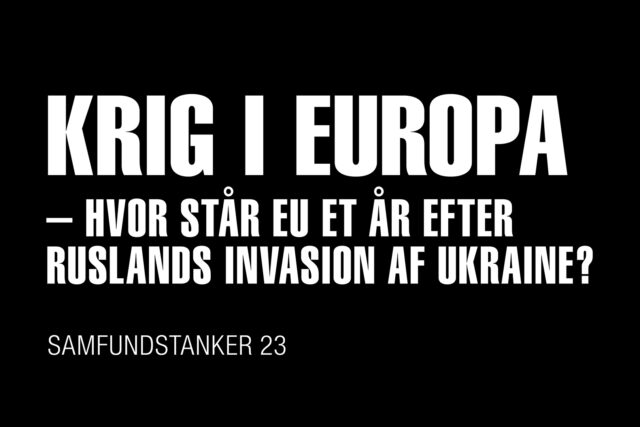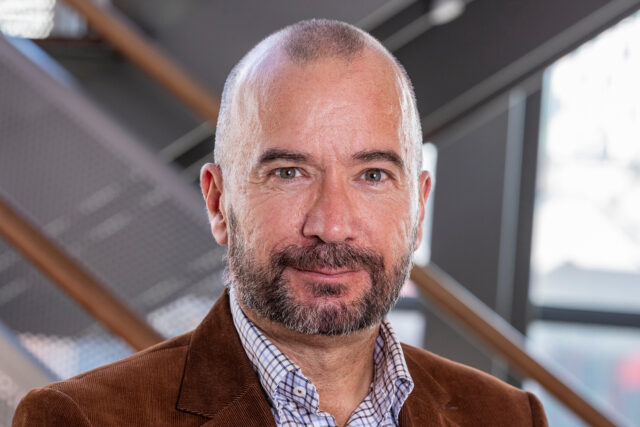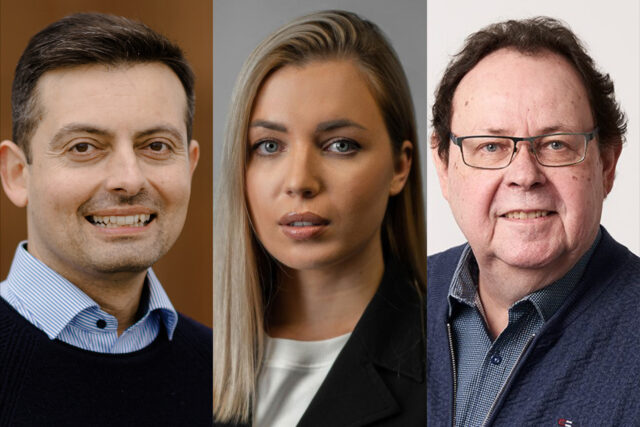
Practical information
The event is free, but registration is required.
Sign up using the form below and you will receive a link the same day as the online meeting.
You will need the link to log in to the meeting from your computer.
One year ago, Russia launched a full-scale invasion of Ukraine. The ensuing war is of course still defining for the situation in the country. But Ukraine is much more than the battles at the front line and missiles raining from the sky.
Even though millions of Ukrainians have fled abroad, the majority of the population is still in Ukraine and is trying to build an everyday life and future here. The Russian invasion is the all-present problem in the minds of ordinary citizens. But what is it like for a young person to live in Kyiv today? What kind of future do Ukrainians dream about – and what do they want and hope for from Denmark and the other EU-countries?
Join the debate with Julie Arnfred Bojesen and Oleksandra Bulenok; two experts on both the political situation and the everyday reality in Ukraine today. The online-briefing is moderated by Rasmus Nørlem Sørensen, chief analyst in DEO and editor in chief of the new anthology “War in Europe – Where does the EU stand one year after the Russian invasion of Ukraine?”
Julie Arnfred Bojesen is the leader of the Ukrainian-Danish Youth House in Kyiv since February 2021. She lived and worked in Ukraine for almost one year before the full-scale invasion and since February 2022 she has been forced to continue the work from Copenhagen, while her colleagues are working in Ukraine. She also lived in Ukraine in 2018. Julie is an expert on Ukraine and follows the political development in the country closely.
Oleksandra Bulenok is 24 years old and from Kyiv. She studies communications in Lviv and is employed as communications manager at the Ukrainian-Danish Youth House in Kyiv. She will share her personal story with all the ups and downs she has seen during the invasion.
The online briefing is the first in a series of briefings focusing on the situation in Ukraine, Russia and Belarus – one year after the Russian invasion of Ukraine. The briefings are part of a larger debate project that has received funding from CISU and DFS.





